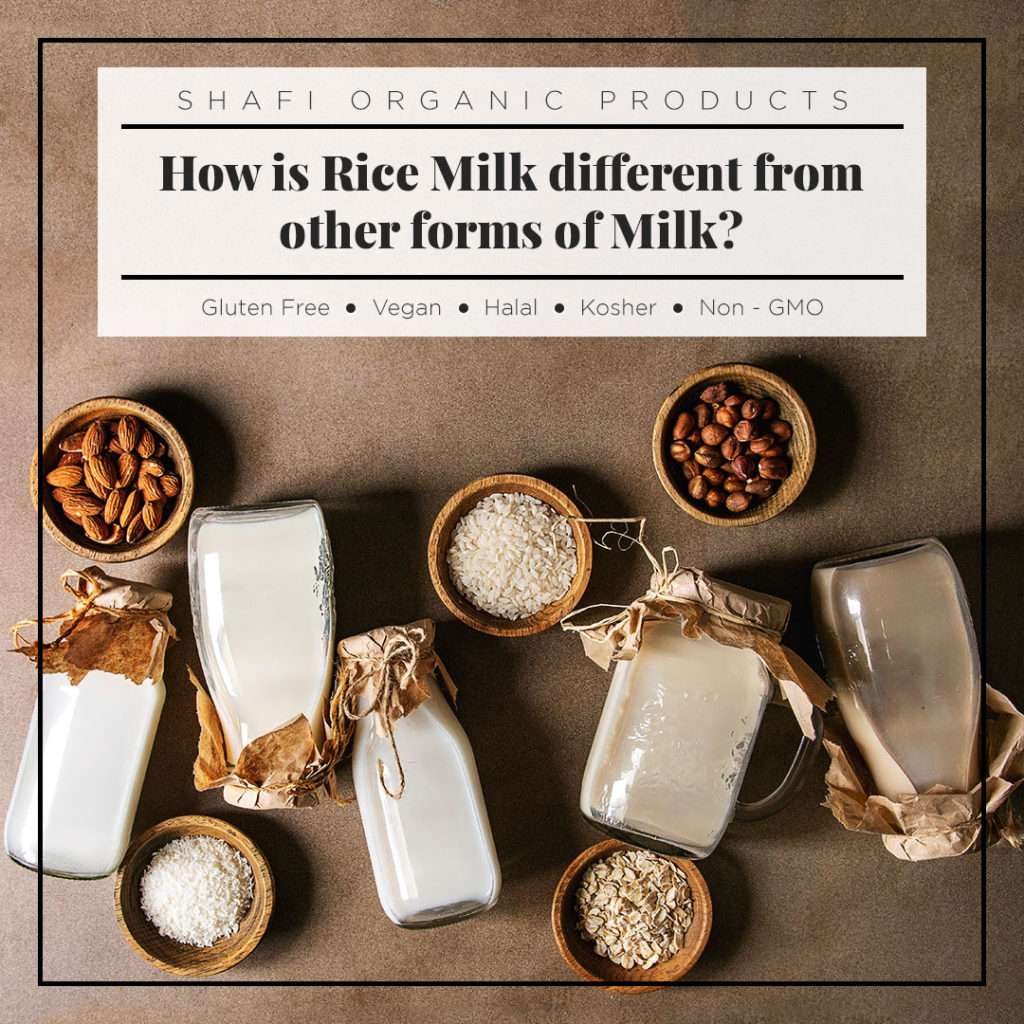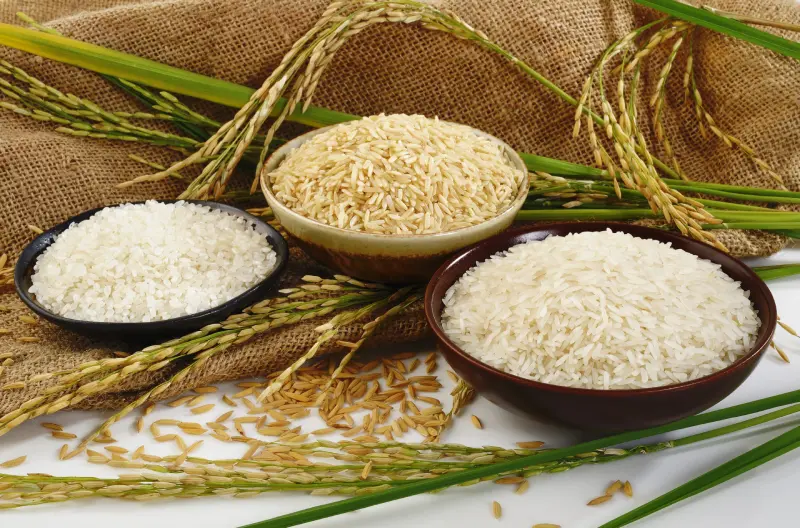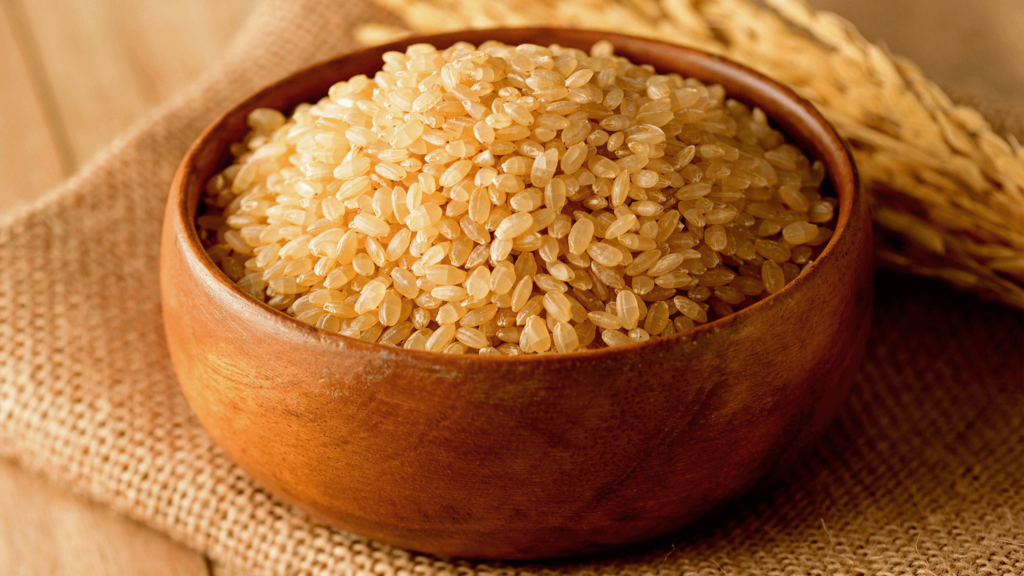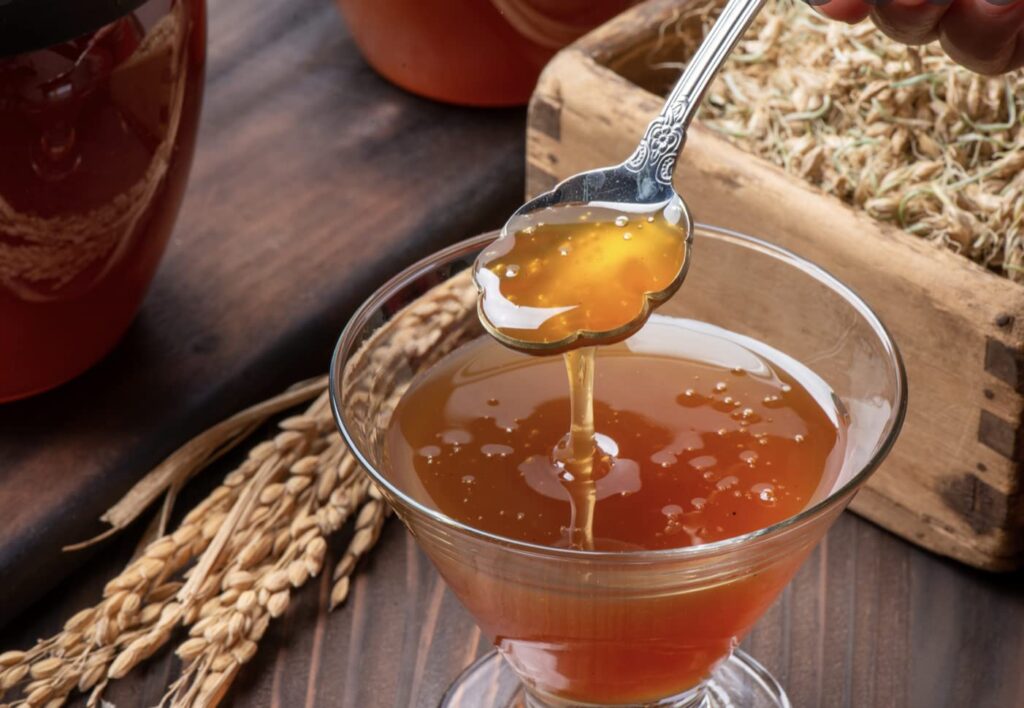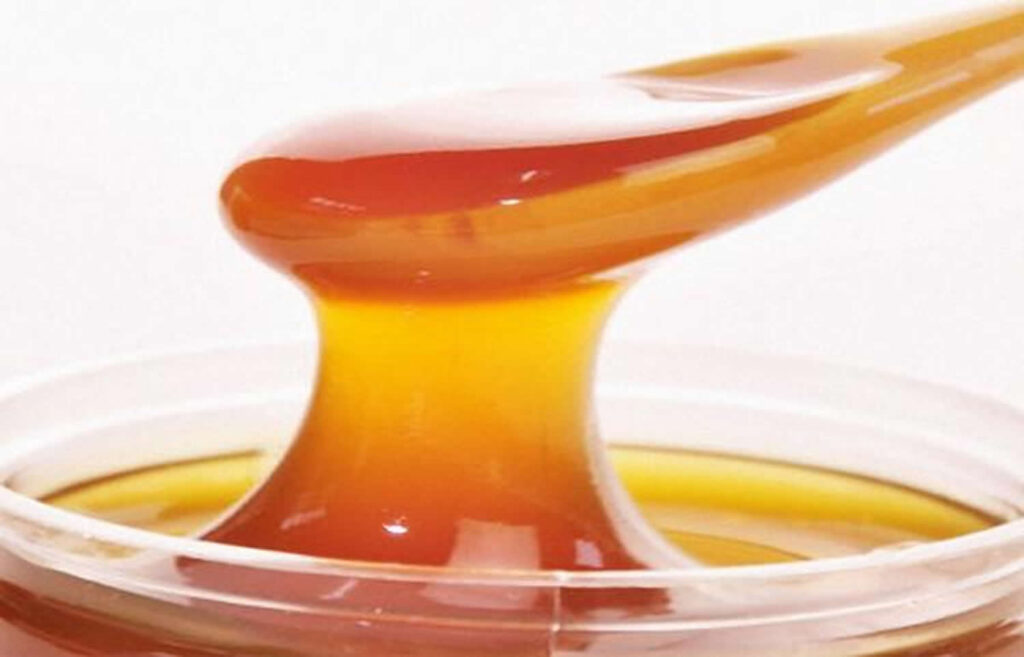Not too long ago, the only thing you would expect to gulp down during breakfast was cow’s milk. However, now cow’s milk comes in different varieties, like skim milk, 1 percent, lactose tolerant milk, etc. Moreover, there are other alternatives to cow milk now for people with dietary and allergy concerns. Almond milk, soy milk, coconut, and rice milk are popular plant-based alternatives. These alternatives are becoming increasingly popular and could be easily found in stores across the globe.
What is Rice Milk?
Rice milk is a non-dairy form of milk and is recommended to lactose intolerant people and vegan. Rice milk is made with boiled white or brown rice, and it is unsweetened. However, it is usually sold sweetened with added flavors commercially. It is slightly foamy and it looks similar to other forms of milk.
Although it does not contain the amount of protein and calcium, cow’s milk does. Thus, most commercially available brands fortify the milk with calcium and protein along with iron, vitamin D and vitamin B12. Since rice milk is lighter, it may be good for people who want to lose weight.
Rice milk can be easily made at home without the addition of any preservatives or sugar, making it a healthier substitute. It may not have a longer shelf life; however it is amazing for people who like having home-cooked food. It is inexpensive to make and easy, the only downside being it does not contain as many nutrients.
A Comparison of Different Types of Milk

Here’s a rundown of different types of milk, and it would answer the question as to how is rice milk different from all the other forms of milk widely available in the market.
1. Cow Milk

Research suggests that good ol’ cow milk is very healthy. This milk is heavier, however, it has more carbs. Moreover, one trouble with cow milk is many people have trouble digesting it. Taking pills containing lactase- the enzyme which digests lactose helps, however, lactose isn’t always the issue. Cow milk is high in protein, vitamin B12 and calcium (it provides the 29% of the recommended daily intake). The milk, however, is higher in saturated fat than other options on the list.
2. Almond Milk

Almond milk lacks both lactose and casein, and is very digestible, although if you have but allergy it is not a viable choice. The milk, however, has less protein overall, and the protein isn’t as healthy as that of animal milk. Moreover, it also has sugar added to it, so get a sugar-free brand if you want to drink it. If you considering almond milk because of concerns about the environment, know that almonds use a lot of water to grow, unlike other vegan substitutes.
3. Goat Milk

Goat milk is similar to cow milk, however with higher protein content. Although it is mostly seen as less allergenic than cow milk, the evidence for it is debatable. It has similar amounts of lactose as cow’s milk but contains less casein than it though. Moreover, having less casein is bad from a protein-synthesis standpoint, but good from an allergenic viewpoint.
4. Soy Milk

Soy is probably the most well-known dairy alternative, made from soybeans. Soy milk has the same amount of protein as whole milk and is a complete protein. However, the calcium found in soybeans is indigestible by humans; therefore they are fortified with calcium. Soy milk has no cholesterol and very little saturated fat. The milk can affect hormonal balance since soy is considered a plant-sourced estrogen, so avoid having it during puberty.
5. Pea Milk

Pea Milk other than soy is the only option that rivals the proteins in cow’s milk. Moreover, it is also a source of iron and is fortified with calcium, vitamin A and D, and omega-3 fatty acids. Since pea milk is dairy-free, it is good for people for lactose intolerance. Moreover, it is a safe choice for people with allergies.
Conclusion
This article will help you decide the milk that you want based on your dietary needs and preferences. Moreover, ask your doctor if you have doubts about the kind of drink you should have based on your dietary requirements.

